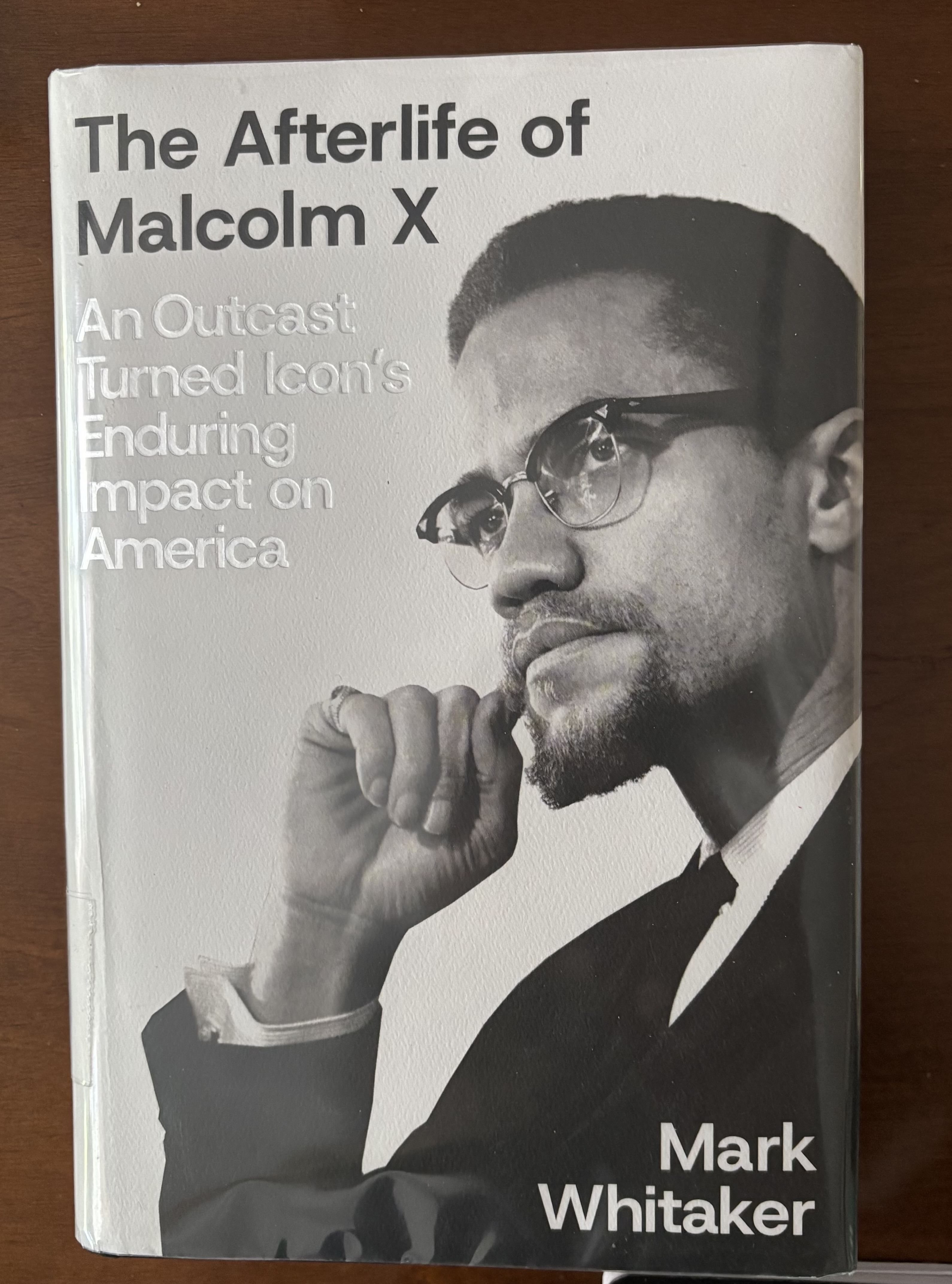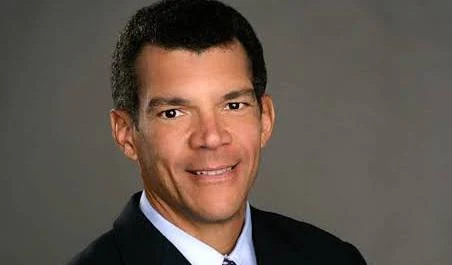The Afterlife of Malcolm X

It’s been so many years since Malcolm X was murdered that his afterlife is as important as the life he led.
That’s sorta the theme of Mark Whitaker’s book, The Afterlife of Malcolm X. A book I devoured in two or three nights, just couldn’t put it down.
As I have had a fascination with Malcolm X since I read his autobiography in 1969, at the exceedingly impressionable age of 13.
So the information I absorbed settled deep and remained through all my changes.
But enough about me…
Whitaker’s book begins with an account of the last agonizing days of Malcolm’s life. He was a haunted man, looking over his shoulder, certain he’d been targeted for death by his old allies in the Nation of Islam. And just as certain that officers in the New York Police Department and the FBI, who should be protecting him, were either plotting with the Nation or looking the other way.
Then Whitaker takes us through that god-awful Sunday in 1965–February 21, to be exact. At the Audubon Ballroom in Harlem, where Malcolm stood to give a speech and a scuffle broke out to distract attention, and men rose with guns drawn and…it’s still painful to recollect.
What followed was a botched investigation, leading to the indictment and conviction of three men–two of whom had nothing to do with the murder. They weren’t even at the Audubon that day.
Prosecutors had to have doubts about the guilt of those two defendants. Yet, on they pushed until two innocent Black men went to prison for a crime they had nothing to do with. The exact sort of racist miscarriage of justice Malcolm X would have fought against. It’s too cruel to be called ironic.
From there, Whitaker moves on to tell the stories of dozens of prominent people–Black and white–who found in Malcolm X’s life an inspiration that shaped the art they created or the justice battles they waged.
It’s a long list, including Kareem Abdul-Jabbar, Spike Lee, Maya Angelou, Peter Goldman, Amiri Baraka, Tupac Shakur and on and on and on.
They were drawn to him by his brilliance and his fearlessness and his love for Black people and his mocking disdain for white people and their institutions and his remarkable transformation, or transformations, as he was still very much evolving when he was tragically gunned down at age 39.
Weaving through these personal stories is a compelling account of the ultimately successful fight to free and clear the names of Muhammad Aziz and Khalil Islam, the two men wrongly imprisoned for over 20 years.
Good job, Mr. Whitaker...
Two questions linger…
Why did so few seem to care about who actually killed Malcolm X, while Aziz and Islam remained unjustly imprisoned? And was the FBI complicit in the assassination?
Having read Whitaker’s book, my answer to the first question goes like this…
Generally speaking, Black Americans avoided the issue cause they knew all roads led to the Nation. And they didn’t want to air their community’s dirty laundry in public, so to speak.
And white people didn’t care because, well–again, generally speaking–they had no love for Malcolm X, to put it mildly. Better off out of the picture—again, so to speak.
As for the FBI, my answer is probably. Though the definitive answer remains buried in files the feds still hasn’t released.
I’m sure President Trump will get around to releasing them any day now, right? Maybe around the time he releases the Epstein Files.
Yes, any day now and by any means necessary.







